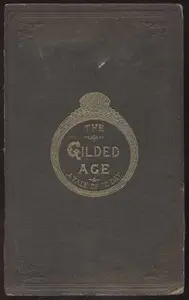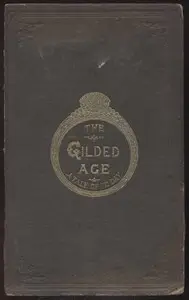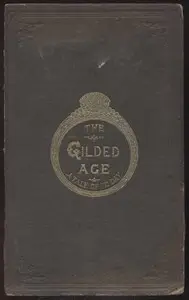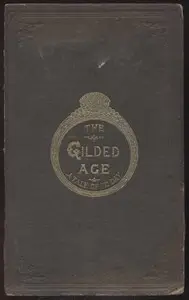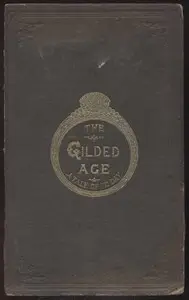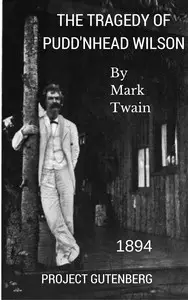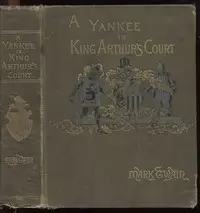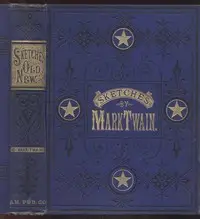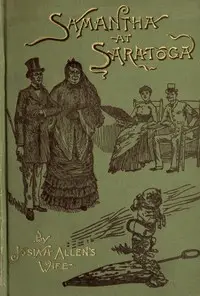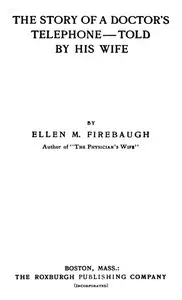"The Gilded Age, Part 4" by Mark Twain and Charles Dudley Warner is a humorous and critical story about a time of fast growth and big differences between the rich and poor in America. Set in the late 1800s, the book uses characters like Harry Brierly and Colonel Sellers to show how greedy, dishonest, and power-hungry people were back then, especially in business and government. In this chapter, Harry Brierly tries to fix a money problem at the Columbus River Slack-Water Navigation Company, but he finds a mess of bad management and debt. The story makes fun of how businesses acted and shows how these problems affect the characters' lives, like the Colonel's dreams and Polly and Louise's relationships. This part of the book looks at important questions about doing what's right during a time known for being excessive and unfair.
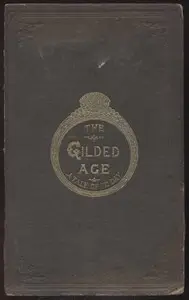
The Gilded Age, Part 4.
By Mark Twain
Amidst rapid industrial growth, a tangled web of corporate malfeasance threatens to derail dreams and expose the farcical nature of ambition.
Summary
About the AuthorSamuel Langhorne Clemens, known by the pen name Mark Twain, was an American writer, humorist, and essayist. He was praised as the "greatest humorist the United States has produced," with William Faulkner calling him "the father of American literature." Twain's novels include The Adventures of Tom Sawyer (1876) and its sequel, Adventures of Huckleberry Finn (1884), with the latter often called the "Great American Novel." He also wrote A Connecticut Yankee in King Arthur's Court (1889) and Pudd'nhead Wilson (1894) and cowrote The Gilded Age: A Tale of Today (1873) with Charles Dudley Warner.
Samuel Langhorne Clemens, known by the pen name Mark Twain, was an American writer, humorist, and essayist. He was praised as the "greatest humorist the United States has produced," with William Faulkner calling him "the father of American literature." Twain's novels include The Adventures of Tom Sawyer (1876) and its sequel, Adventures of Huckleberry Finn (1884), with the latter often called the "Great American Novel." He also wrote A Connecticut Yankee in King Arthur's Court (1889) and Pudd'nhead Wilson (1894) and cowrote The Gilded Age: A Tale of Today (1873) with Charles Dudley Warner.

